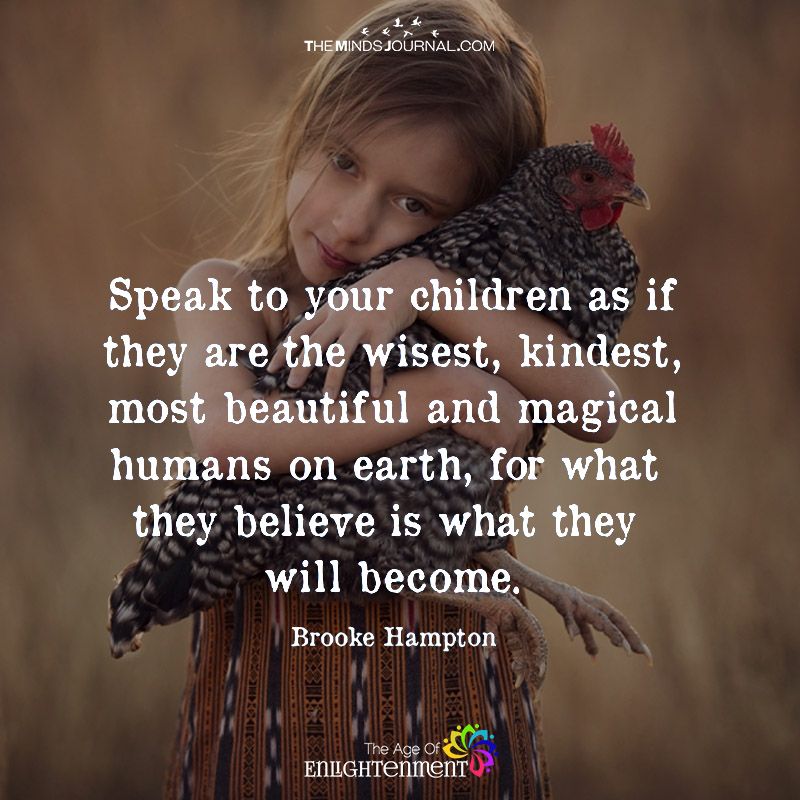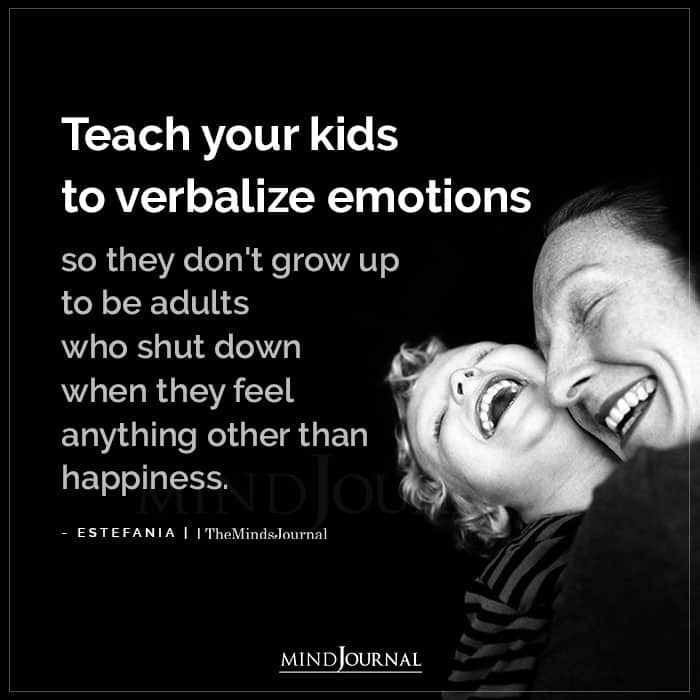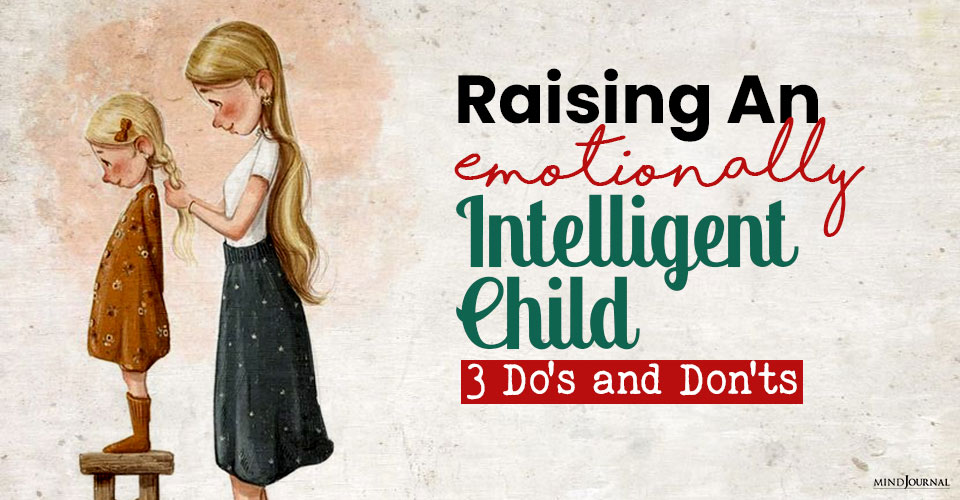Everyone needs to identify and express emotions in a healthy way. Here’s a modern approach and guide when it comes to raising an emotionally intelligent child and helping them develop empathy, compassion and healthy boundaries.
As parents, we want the very best for our kids. We work hard to raise strong individuals who will go on to lead happy lives and have good moral standing. Sometimes, however, we find ourselves questioning our parenting choices, crossing our fingers and hoping we’re doing this whole parenting thing right.

Our hopes, dreams, and fears about parenting will never cease, but as it turns out, we don’t have to wing it and rely on hope alone anymore. With Emotion Coaching we now have a science-based roadmap for how to raise well-balanced, higher achieving, and emotionally intelligent children.
Research by Dr. John Gottman shows that emotional awareness and the ability to manage feelings will determine how successful and happy our children are throughout life, even more than their IQ. Being an Emotion Coach to our kids has positive and long-lasting effects, providing a buffer for the complexities of life that allows them to be more confident, intelligent, and well-rounded individuals.
Related: 7 Things You Need To Teach Your Children About Love And Life

3 Do’s and Don’ts for Raising An Emotionally Intelligent Child
Below are three do’s and don’ts for building your child’s emotional intelligence.
1. Do recognize negative emotions as an opportunity to connect.
Use your child’s negative emotions as an opportunity to connect, heal, and grow. Children have a hard time controlling their emotions. Stay compassionate, loving, and kind. Communicate empathy and understanding so that your child can begin to understand and piece together their heightened emotional state.

Try saying, “It sounds like you’re frustrated! I totally get it,” or, “You seem so angry right now. Is it because Sandy took your toy? I completely understand why you’d be angry.”
Related: 5 Ways You Can Teach Empathy To Your Kids
Don’t punish, dismiss, or scold your child for being emotional.
Negative emotions are age appropriate and will eventually subside as kids grow. By disregarding their feelings as insignificant or sending the message that their feelings are bad, you are in effect sending the message that they are bad. This damaging perception can stay with them throughout adulthood.
2. Do help your child label their emotions.

Help your child put words and meaning to how they’re feeling. Once children can appropriately recognize and label their emotions, they’re more apt to regulating themselves without feeling overwhelmed. Try using phrases like, “I can sense you’re getting upset” or, “It sounds like you’re really hurt.”
Related: Conscious Parenting: The Art Of Raising Happy Children
Don’t convey judgment or frustration.
Sometimes our kids can do or say things that are downright unacceptable and it’s hard to understand the emotions that seem unwarranted or irrational. But try putting yourself in your child’s shoes.

Ask questions, seek understanding, and convey to them that you’re on their side, you support them, and you’re there to hold their hand through those moments where things feel overwhelming and tough.
3. Do set limits and problem-solve.
Help them find ways of responding differently in the future. Enlist their help in seeking alternative solutions to their struggles. Kids yearn for autonomy, and this is a great way to teach them that they are capable of self-regulating themselves in a world that seems unfair and particularly upsetting.
Remind them that all emotions are acceptable but all behaviors are not. Here’s a great phrase to set limits and aid in problem solving: “I understand you’re upset, but hitting is not okay. How can you express your feelings without hitting next time?”
Related: 9 Traits That Parents of Successful Kids Have In Common
Don’t underestimate your child’s ability to learn and grow.
They have an innate capacity to develop into high functioning adults who can problem-solve and respond intelligently to life’s dilemmas. As children, however, they need a listening ear, a hand to hold, and a parent who can challenge them to reach from within and respond accordingly.

Being a parent is a challenging and never-ending job. With just three small steps, you can raise children who are bright, self-confident, and better able to navigate the intricacies of life with ease and confidence.
Let us know if you have any other do’s and don’ts when it comes to raising an emotionally intelligent child.
By April Eldemire, LMFT This article was originally published on The Gottman Relationship Blog.
Frequently Asked Questions (FAQs)
How to raise an emotionally intelligent child?
Children must be able to detect their emotions. You may assist your child by identifying their emotions—at least the emotion you believe they are experiencing.
What age do children develop emotional intelligence develop?
Most kids begin to employ strategies to block out unpleasant environmental forces by the age of four. Children do not consistently use more complex emotional self-regulation strategies until they are ten years old.
Can you teach emotional intelligence?
Emotional intelligence is a set of skills that may be learned at any age. It’s crucial to realize, though, that there’s a difference between knowing about EQ and putting it to use in your life.











Leave a Reply